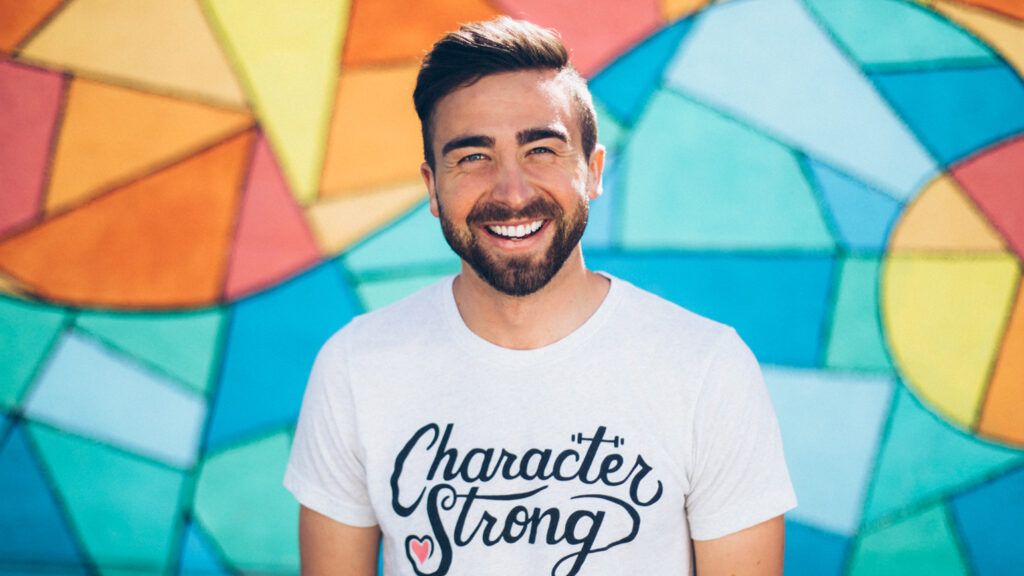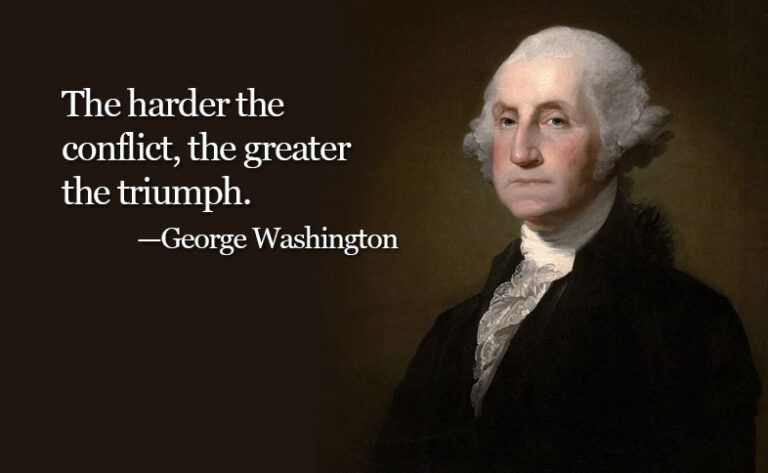Houston Kraft has devoted his life to practicing and teaching kindness. The co-founder of CharacterStrong, an organization that helps schools teach students to be kind, mindful, and resilient, Kraft has brought his message to more than 600 schools and events around the world. In his new book, Deep Kindness, Kraft outlines what deep kindness is, why it is so important—and how we can all learn to practice it.
GP: What is deep kindness? How is it different from regular kindness?
Houston Kraft: There’s a particular poster I see a lot that says: “Throw kindness around like confetti.” I think “confetti kindness” is still important. The greeting cards, paying for a person’s coffee in line—I don’t want to downplay those as trivial. But they imply that kindness is always easy or free to give away.
Deep kindness requires more work— listening, sacrifice, and discipline. It forces us to move past the pleasantries with kindness. It leans into the un-pleasantries to actually solve problems. We need to allow ourselves to be vulnerable and humble when we do it.
It also needs to be intentional. You can’t know how to be kind to someone if you don’t know what they need. After the Sandy Hook [Elementary School] shooting, people all over the world sent teddy bears. But they sent so many that [the Connecticut town of] Newtown had to rent a warehouse to store them. We can do well-intentioned kindness, but it might not actually be giving people what they need. Deep kindness invests in listening first.
GP: Is there a time in your own life when someone showed you deep kindness?
Kraft: One of the more profound examples in my life was after my mom was diagnosed with stage IV colon cancer. When I told people, I’d hear the common refrains: “I’m so sorry,” or “She’s going to be okay.” I appreciated it but it didn’t make me feel better. They just didn’t know how to receive a person in pain.
Then one day my coworker Megan pulled me aside. We had talked about the situation. I thought she was going to give me the usual comfort. But she just looked at me, took a deep breath and cried. For the first time, I felt like it was okay for me to cry. It was a profound moment of empathy. She was in tune with my emotions and gave me a space to cry. That to me is deep kindness. It’s showing up to that level of understanding with someone and knowing what they need.
GP: Why is deep kindness important?
Kraft: I think the lack of deep kindness speaks to the gap we are experiencing in our culture.
I often think about a woman I met on a flight named Helga. We got to chatting and I told her about a random acts of kindness club I had started. She told me a story that I’ll never forget. She was living in Seattle and got an urgent call from her dad’s doctor in Arizona. He wasn’t doing well and she decided to fly down to see him. Right before her flight, she got a call that her father had died. She sat on the plane in shock and when she got off in Arizona, she broke down. She sat on the floor of the airport and cried for two hours. She told me hundreds of people walked by her, but not a single person stopped.
I think about our willingness as a culture to donate to GoFundMe or send someone flowers. But hundreds of people walked by this woman who was obviously in need.
GP: How can people practice deep kindness?
Kraft: First, we have to identify what is preventing us from practicing deep kindness. In my book, I lay out the main things that stop us: incompetence, insecurity, and inconvenience.
We need to ask ourselves, what don’t I know how to do? From there we can learn empathy, forgiveness, and emotional regulation. We should ask, what am I afraid of that is stopping me from connecting? We can examine our rejection, embarrassment, and shame. And we can ask ourselves, what is stopping me from showing up in kindness? The most common things I hear are being too busy, feeling overwhelmed, or feeling anxious. When we identify what is stopping us from practicing deep kindness, it is easier for us to overcome that.
GP: How can we overcome this?
Kraft: This is something you have to work at. For example, to overcome inconvenience, you can take the time to clearly establish [to yourself] why showing up in kindness is so much bigger that what you feel in that moment. You can do this by creating a simple but practical “If-Then” statement in your head.
You might tell yourself, ‘If I see someone who is experiencing homelessness, then I am going to do blank.’ You have decided you will do this and it increases the likelihood of you taking action. If you have determined that you are the type of person who will stop to help, then you will do it.
GP: How can we easily make deep kindness a part of our day to day?
Kraft: The most important thing is consistency; 45 percent of our day is habitual. What can we do to shift 1% of our day towards kindness?
We can also practice negative reframing— or inserting a good habit into a bad habit. For example: If I’m going to be on my phone, every three photos I scroll through, I need to reach out to that person or write a kind comment on that post. I asked myself, ‘What can I do every morning for my best friend who lives a few states away?’ I decided to do a daily check—‘how are you on a scale from 1 to 5?’ I created a consistent routine that doesn’t cost me a lot of time, but lets me know that I need to go reach out to him.
GP: How can people practice deep kindness during Covid-19?
Kraft: First, you need to take care of yourself before you take care of others. When Covid hit, I took three days to just be kind to myself. I took walks. I identified three things I was grateful for. I listed one thing I loved about my past self, my present self, and my future self.
Then I thought about my target impact. Who do I have the most access to and what would be a direct kindness for them? I was stressed, work was hard, and I couldn’t spare much time. I decide to commit to something that would take 10 minutes or less. I decided to do something for my roommate. I wrote a note to him and then hid it in the house. Then I texted him clues on how to find it. It helped me realize I don’t have to be next to people to practice deep kindness.
Another idea I came up with was sending a formal ‘save the date’ for a time I would connect with an old friend. I wanted to turn something mundane into something unique. I’ve always believed that constraint creates creativity.






